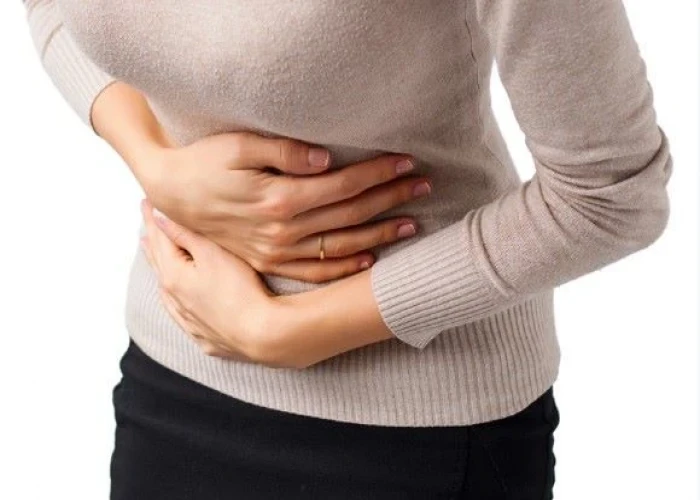 Welcome
Welcome
“May all be happy, may all be healed, may all be at peace and may no one ever suffer."
Menstrual cramps
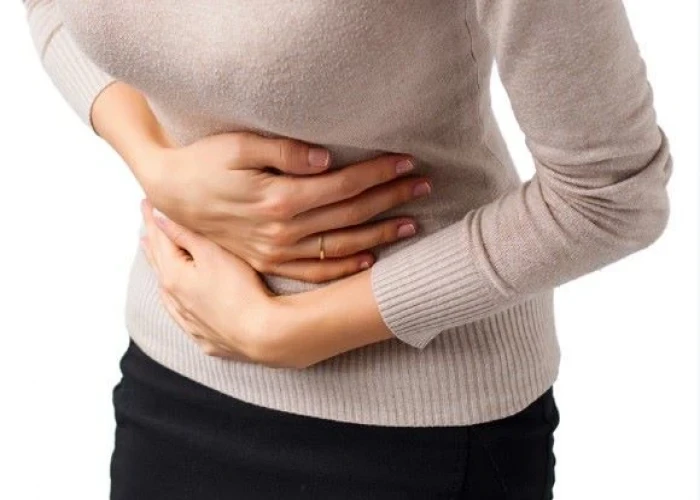
Menstrual cramps, also known as dysmenorrhea, are a common condition experienced by many women during their menstrual cycle. The pain associated with menstrual cramps can vary in intensity and duration, and may be accompanied by other symptoms such as nausea, vomiting, and diarrhea.
The exact cause of menstrual cramps is not fully understood, but it is thought to be related to the production of prostaglandins in the uterus, which can cause contractions and pain. Other factors that may contribute to menstrual cramps include:
- Hormonal imbalances
- Endometriosis
- Adenomyosis
- Uterine fibroids
- Pelvic inflammatory disease
- Cervical stenosis
Treatment options for menstrual cramps may include:
- Over-the-counter pain relievers such as ibuprofen, naproxen, or acetaminophen
- Heat therapy, such as a heating pad or warm bath
- Exercise and stretching
- Relaxation techniques, such as deep breathing or meditation
- Prescription medications, such as hormonal contraceptives or prescription-strength pain relievers
For some women, menstrual cramps may be a sign of a more serious underlying condition. Women should talk to their healthcare provider if they experience severe or persistent menstrual pain, as it may require further evaluation and treatment.
Research Papers
Disease Signs and Symptoms
- Nausea or vomiting
- Loose watery stools
- Headaches
- Dizziness (vertigo)
- Menstrual cramps
- Pain that radiates to your lower back and thighs
- Pain that starts 1 to 3 days before your period, peaks 24 hours after the onset of the period and subsides in 2 to 3 days
Disease Causes
Menstrual cramps
During your menstrual period, your uterus contracts to help expel its lining. Hormonelike substances (prostaglandins) involved in pain and inflammation trigger the uterine muscle contractions. Higher levels of prostaglandins are associated with more-severe menstrual cramps.
Menstrual cramps can be caused by:
- Endometriosis. The tissue that lines your uterus becomes implanted outside your uterus, most commonly on your fallopian tubes, ovaries or the tissue lining your pelvis.
- Uterine fibroids. These noncancerous growths in the wall of the uterus can cause pain.
- Adenomyosis. The tissue that lines your uterus begins to grow into the muscular walls of the uterus.
- Pelvic inflammatory disease. This infection of the female reproductive organs is usually caused by sexually transmitted bacteria.
- Cervical stenosis. In some women, the opening of the cervix is small enough to impede menstrual flow, causing a painful increase of pressure within the uterus.
Disease Prevents
Disease Treatments
To ease your menstrual cramps, your doctor might recommend:
- Pain relievers. Over-the-counter pain relievers, such as ibuprofen (Advil, Motrin IB, others) or naproxen sodium (Aleve), at regular doses starting the day before you expect your period to begin can help control the pain of cramps. Prescription nonsteroidal anti-inflammatory drugs also are available.
- Start taking the pain reliever at the beginning of your period, or as soon as you feel symptoms, and continue taking the medicine as directed for two to three days, or until your symptoms are gone.
- Hormonal birth control. Oral birth control pills contain hormones that prevent ovulation and reduce the severity of menstrual cramps. These hormones can also be delivered in several other forms: an injection, a skin patch, an implant placed under the skin of your arm, a flexible ring that you insert into your vagina, or an intrauterine device (IUD).
- Surgery. If your menstrual cramps are caused by a disorder such as endometriosis or fibroids, surgery to correct the problem might help your symptoms. Surgical removal of the uterus also might be an option if other approaches fail to ease your symptoms and if you're not planning to have children.
Disease Diagnoses
Disease Allopathic Generics
Disease Ayurvedic Generics
Disease Homeopathic Generics
Disease yoga
Menstrual cramps and Learn More about Diseases
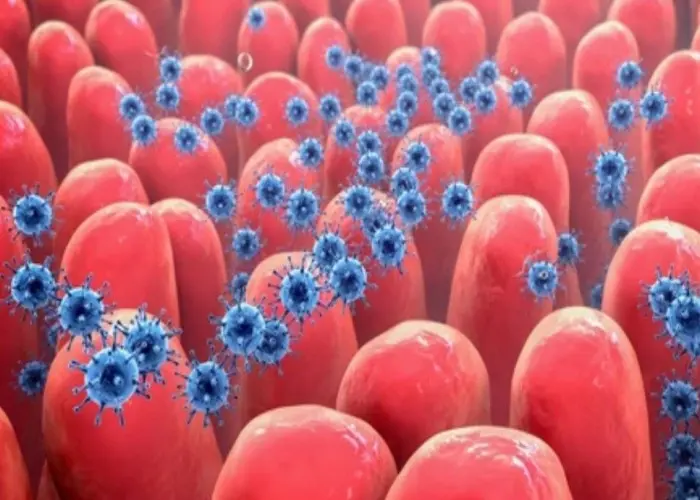
Cytomegalovirus (CMV) infection

Asbestosis

Anterior prolapse (cystocele)

Diarrhea
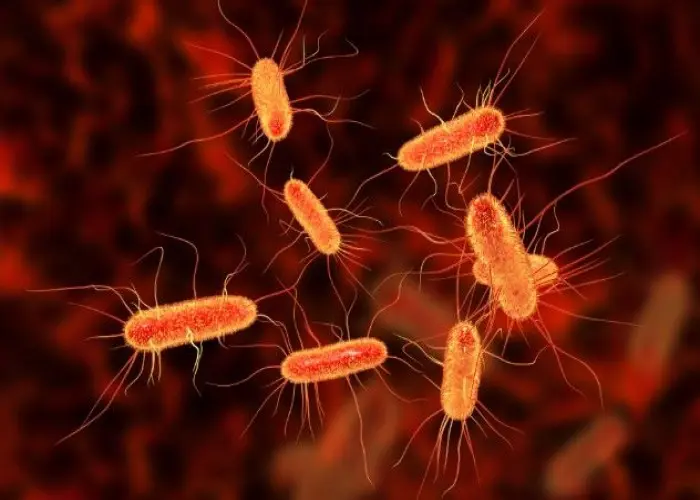
E. coli

Color blindness

Gaucher disease
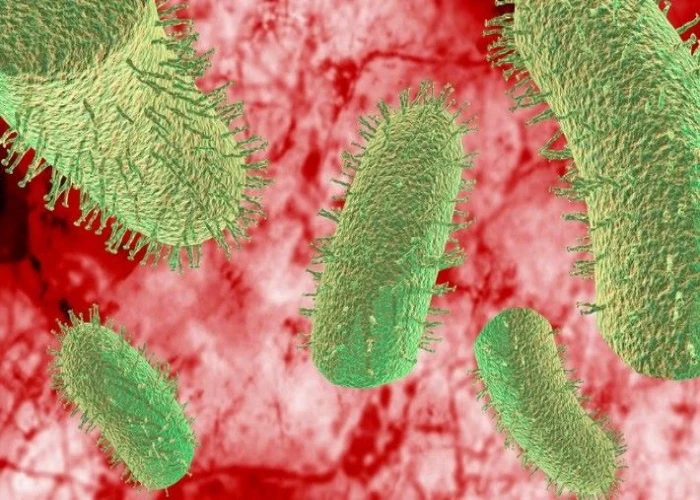
Rabies
menstrual cramps, মাসিকের বাধা
To be happy, beautiful, healthy, wealthy, hale and long-lived stay with DM3S.
